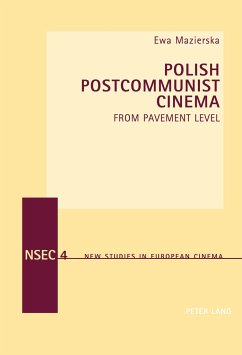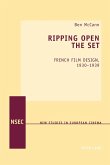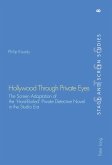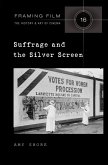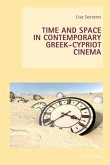This book covers the history of Polish cinema from 1989 up to the present in a broad political and cultural context, looking at both the film industry and film artistry. It considers the main ideas behind the institutional changes in the Polish film industry after the collapse of communism and assesses how these ideas were implemented. In discussing artistry, the focus is on the genres which dominated the Polish cinematic landscape after 1989 and the most important directors.
«(...) 'Polish Postcommunist Cinema' is a great contribution to the field of film studies (...).» (Kamila Kuc, Studies in East European Cinema)
«Both for readers interested in contemporary Polish culture and for scholars and students of international cinema, Ewa Mazierska's study is extremely valuable. [...] Mazierksa does an outstanding job of capturing both the works of the more exceptional individual directors and the emergence of important popular genres.» (Herbert J. Eagle, Slavonic and East European Review)
«Ewa Mazierska ist [der] Spagat zwischen nationaler Filmgeschichte und globalem Markt, zwischen filmästhetischer Analyse und diskursiver Einordnung der Filme meisterhaft gelungen.» (Schamma Schahadat, Osteuropa 62, 2012/5)
«Both for readers interested in contemporary Polish culture and for scholars and students of international cinema, Ewa Mazierska's study is extremely valuable. [...] Mazierksa does an outstanding job of capturing both the works of the more exceptional individual directors and the emergence of important popular genres.» (Herbert J. Eagle, Slavonic and East European Review)
«Ewa Mazierska ist [der] Spagat zwischen nationaler Filmgeschichte und globalem Markt, zwischen filmästhetischer Analyse und diskursiver Einordnung der Filme meisterhaft gelungen.» (Schamma Schahadat, Osteuropa 62, 2012/5)

